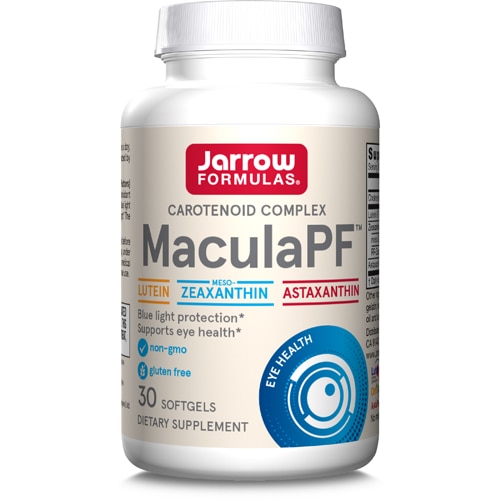Our eyesight is a miracle that allows us to savor everything from a gorgeous sunset to the twinkle in a baby’s eye. But various diseases can impair vision, robbing us of the ability to see clearly.
In fact, 21 million Americans have functional vision problems or eye conditions that may compromise vision, according to the U.S. Centers for Disease Control and Prevention.
As we get older, we become more vulnerable, with 17 percent of people 65 and older reporting “vision trouble,” according to the Federal Interagency Forum on Aging Related Statistics.
Fortunately, there are things you can do to protect your vision. And some of them revolve around the food on your plate, says Dr. Kelly Muir, associate professor of ophthalmology at Duke Eye Center in Durham, North Carolina.
“Following a healthy diet can help reduce the risk of two of the leading cause of vision loss in Americans: diabetic retinopathy and age-related macular degeneration,” she says.
Following are five dietary changes that can give your vision a boost.
1. Eat more green, leafy vegetables
Several studies have found evidence that two carotenoids -- lutein and zeaxanthin -- may protect against age-related macular degeneration and cataracts.
“Many green leafy vegetables -- including spinach, kale and collard greens -- are high in lutein and zeaxanthin,” Muir says.
These antioxidants located in the eye filter harmful high-energy blue wavelengths of light, and protect and maintain healthy cells in the eyes.
2. Add oranges to your diet
An apple a day keeps the doctor away, but an orange a day might keep macular degeneration at bay.
People who eat at least one serving of oranges daily cut their risk of developing late macular degeneration by 60 percent, according to an Australian study released last month.
It appears that flavonoids in oranges protect against the disease.
3. Eat more salmon
Eating fish rich in omega-3 fatty acids may help your eyes because of the anti-inflammatory properties in these acids. Some evidence suggests that inflammation plays a role in age-related macular degeneration, according to Harvard Medical School.
Fish rich in omega-3 fatty acids include:
- Salmon
- Mackerel
- Herring
- Lake trout
- Sardines
- Albacore tuna
4. Eat more heart-friendly foods
Eating a heart-healthy diet can help protect your peepers, as healthy eyes depend on good vascular health.
“Working with your medical doctor to develop a diet that lessens your risk of heart disease and stroke is likely to protect your eyes from some of the major contributors to blindness,” Muir says.
Among other things, a heart-healthy diet is rich in:
- Vegetables
- Fruits
- Whole grains
- Fat-free or low-fat dairy products
- Fish, lean meats and poultry
In addition, try to limit sodium, saturated and trans fats, added sugars and alcohol.
A heart-healthy diet also can slim down your waistline, which leads to more benefits for your vision.
“Maintaining a healthy weight lowers the risk of diabetes, and therefore diabetic retinopathy,” Muir says.
Diabetic retinopathy damages blood vessels in the retina and eventually can lead to blindness.
5. Drink more tea
A spot of hot tea might be just the thing to warm your insides while keeping glaucoma on the run.
Adults who drink hot tea every day are 74 percent less likely to develop glaucoma than those who do not indulge in tea, according to a 2017 study published in the British Journal of Ophthalmology.
Researchers acknowledge that they don't quite understand the link between drinking tea and lower glaucoma risk. Nor are they sure why the reduction of risk is strictly tied to drinking hot, caffeinated tea, and not other forms of tea or caffeinated beverages.




